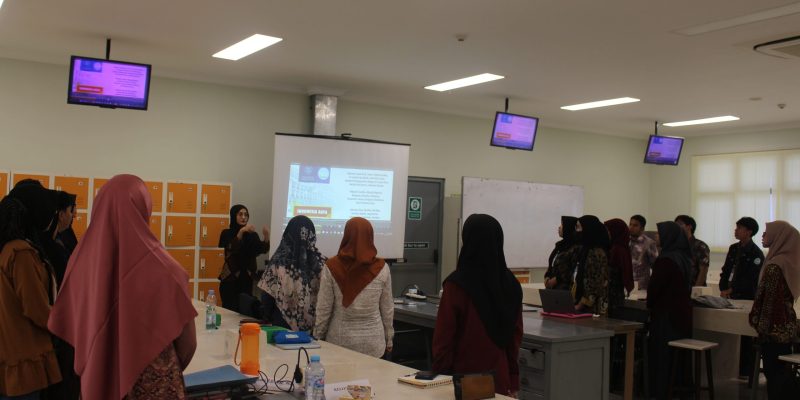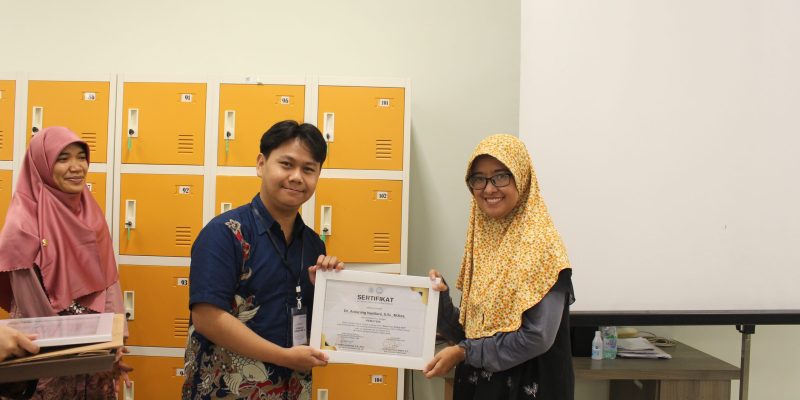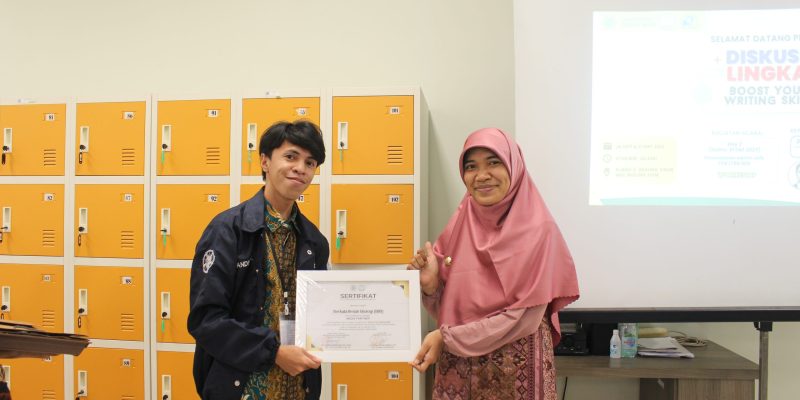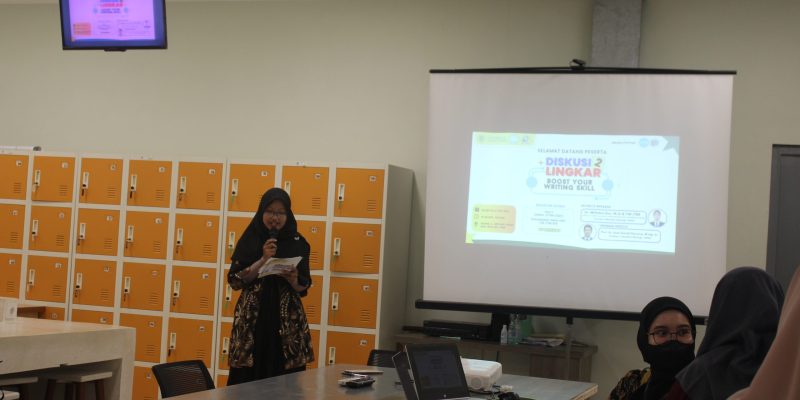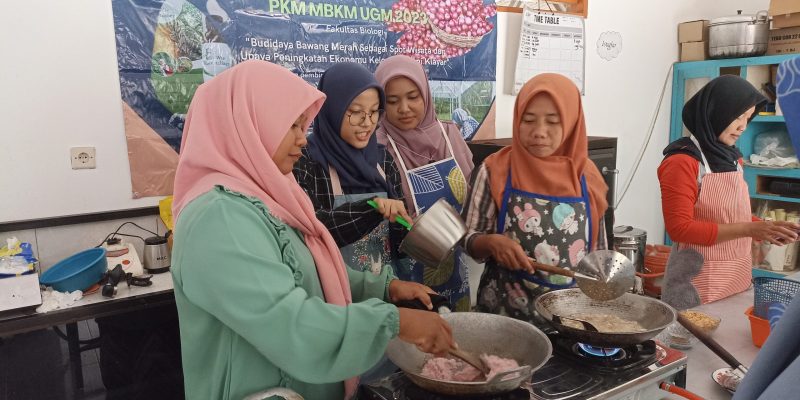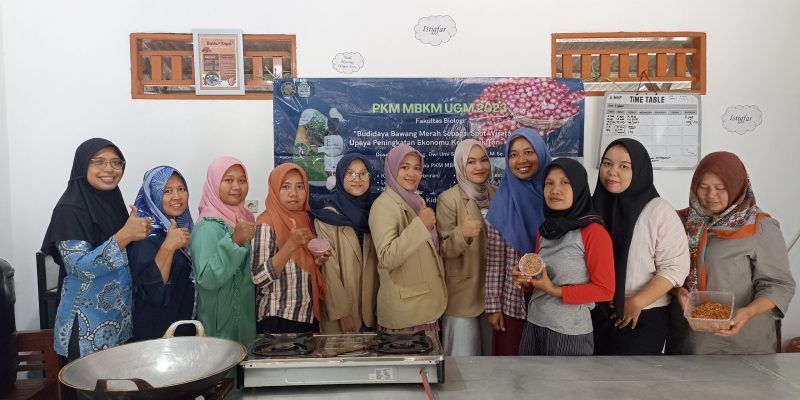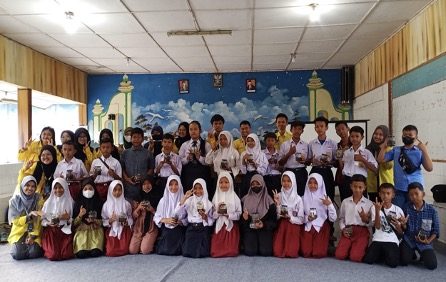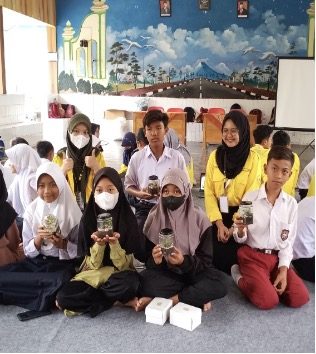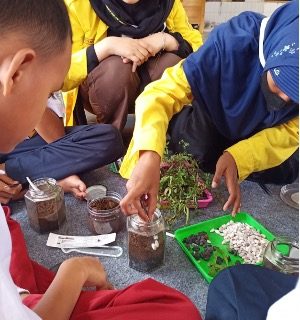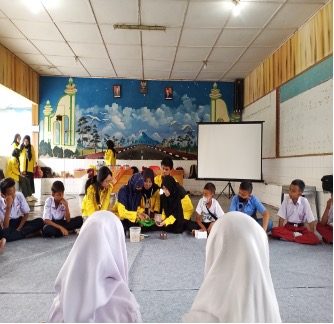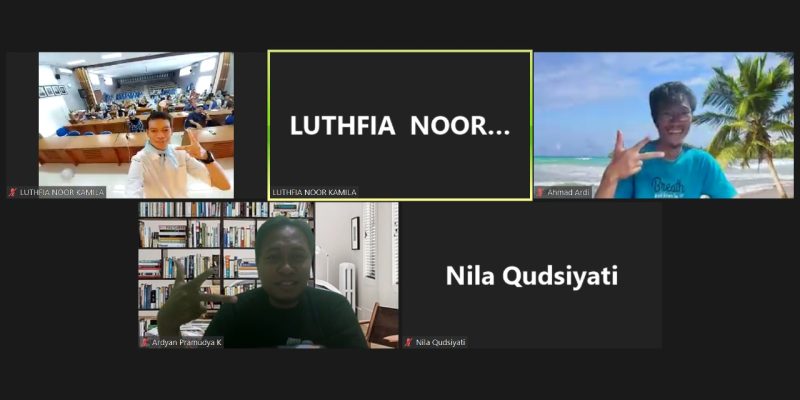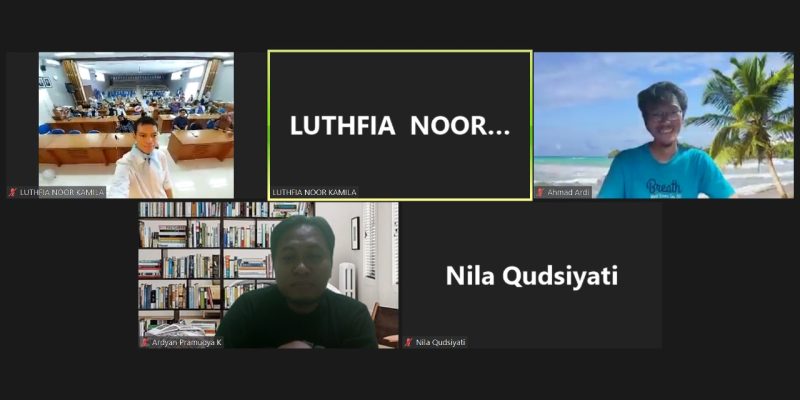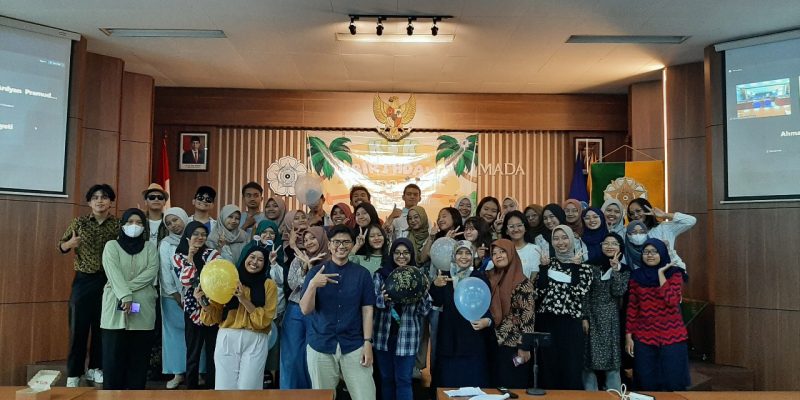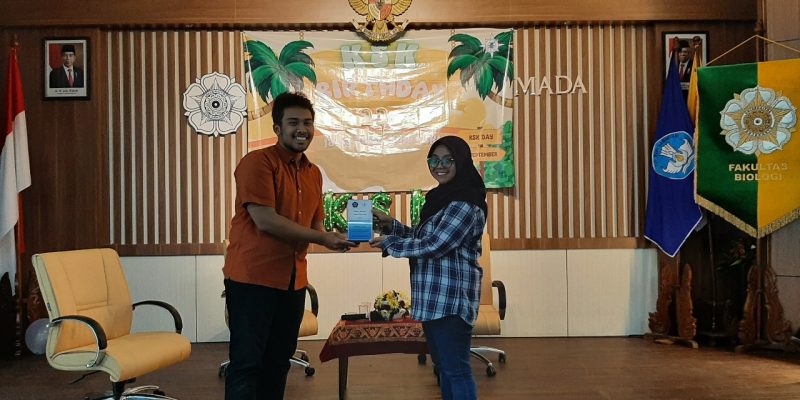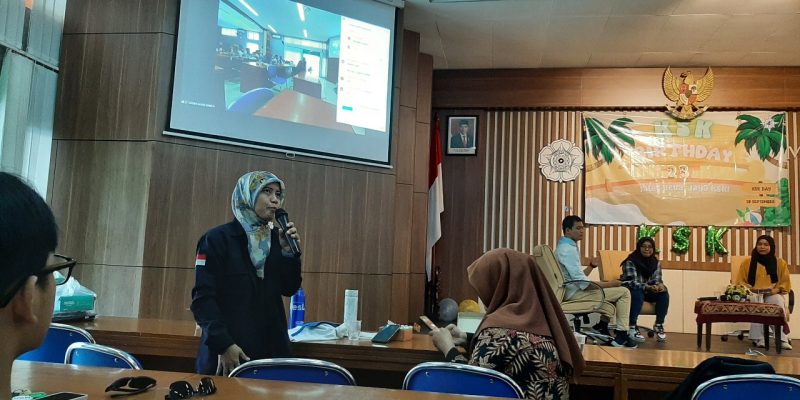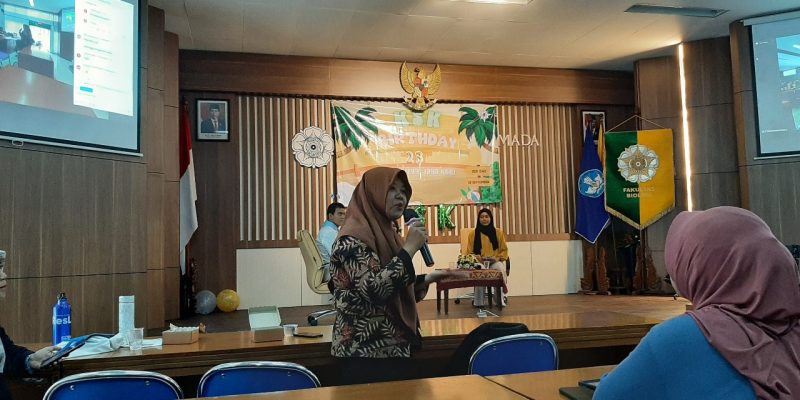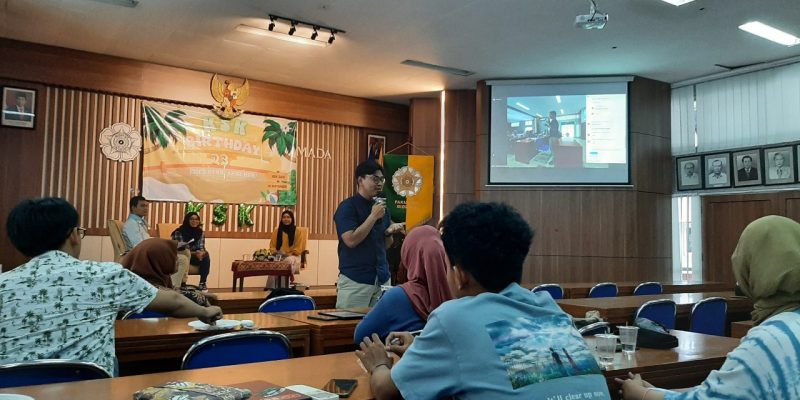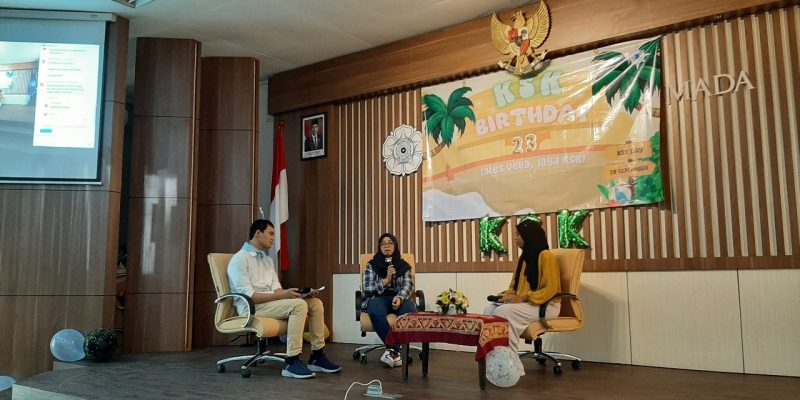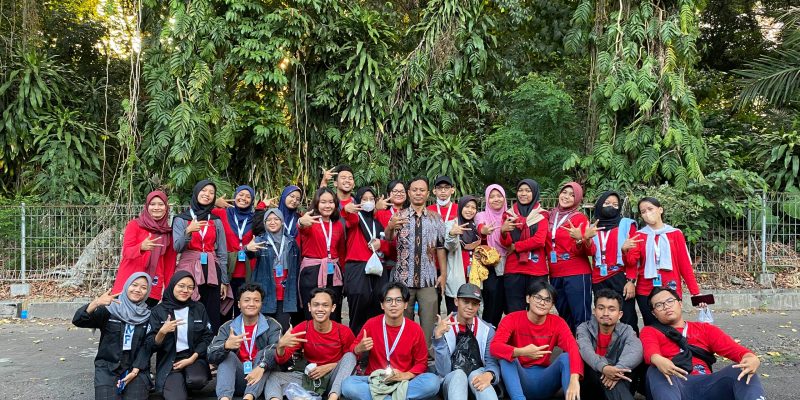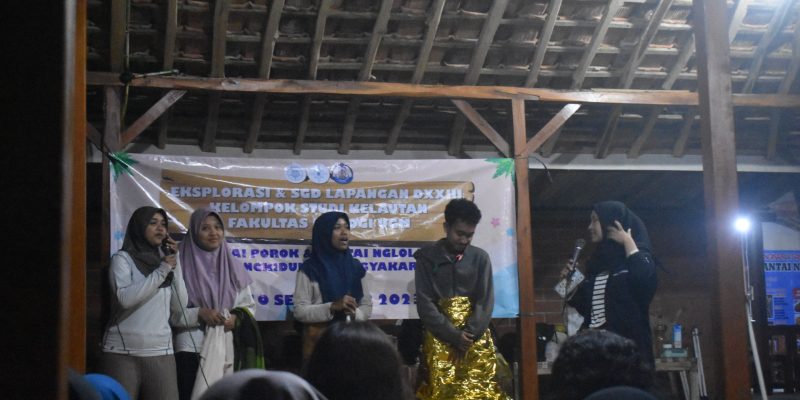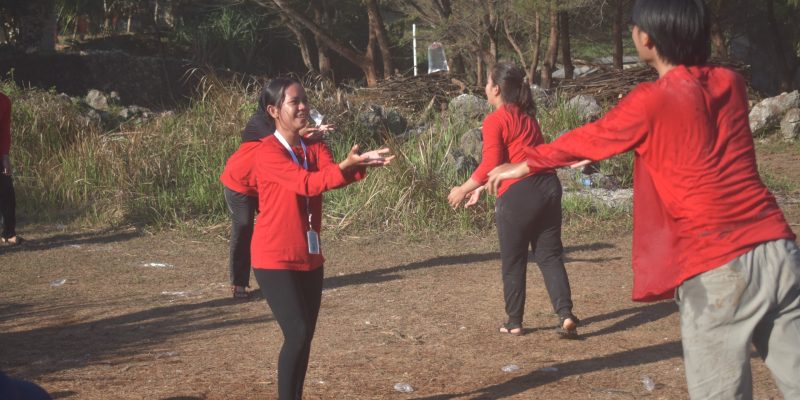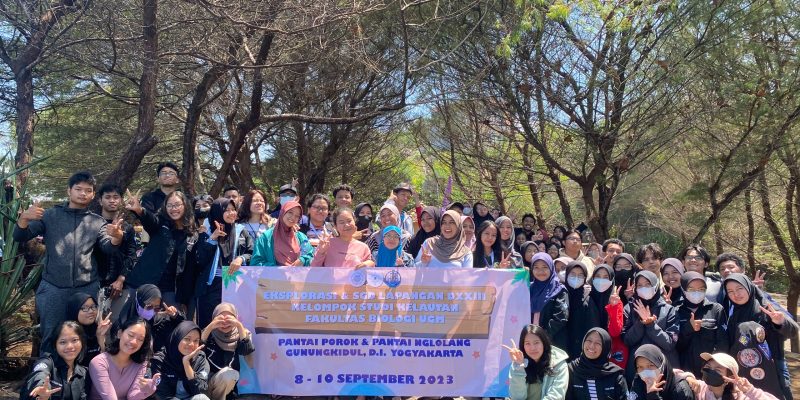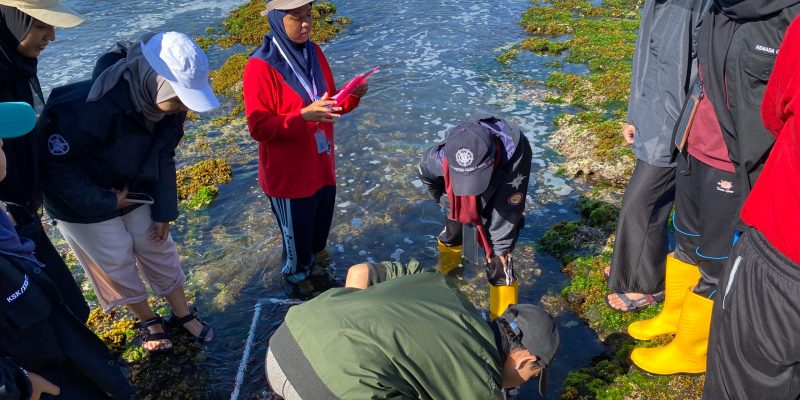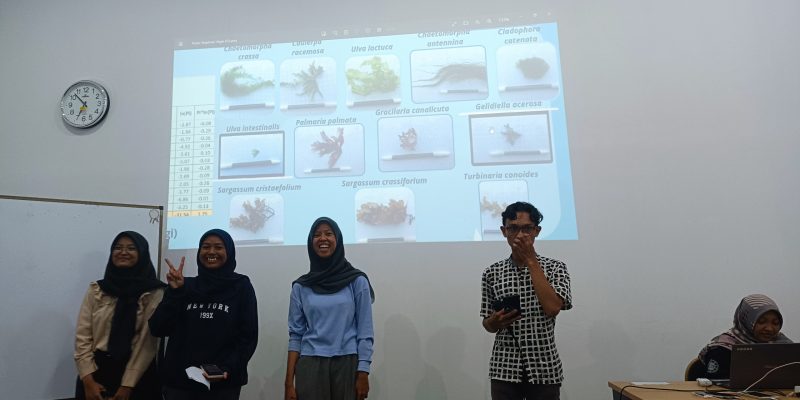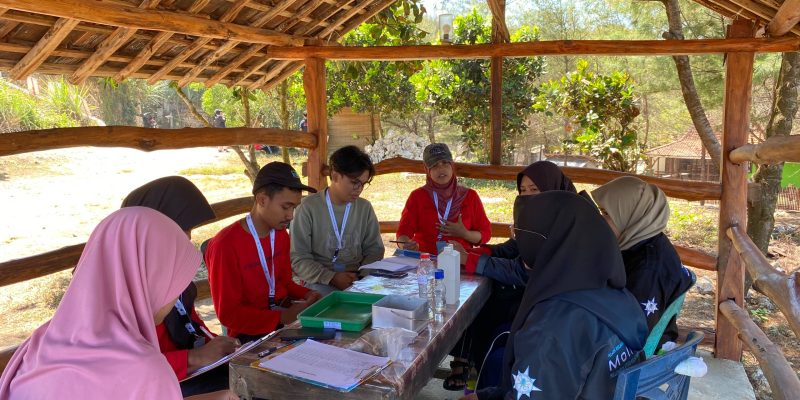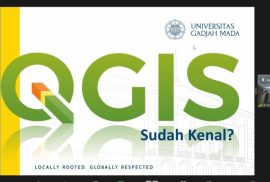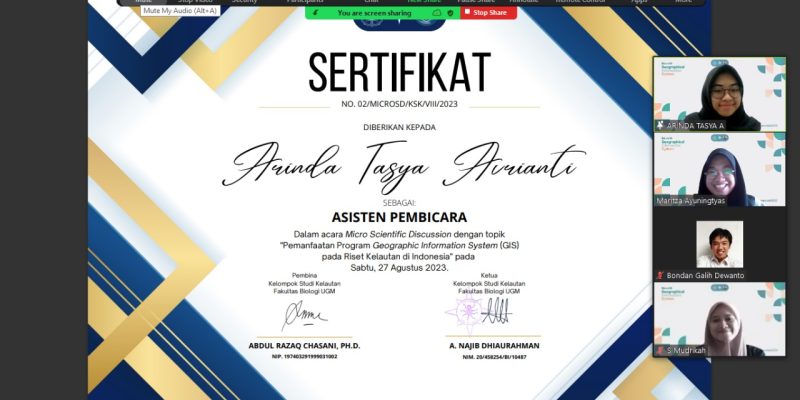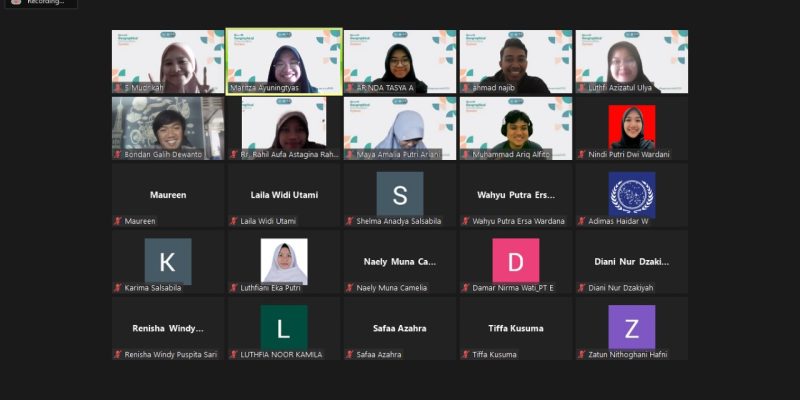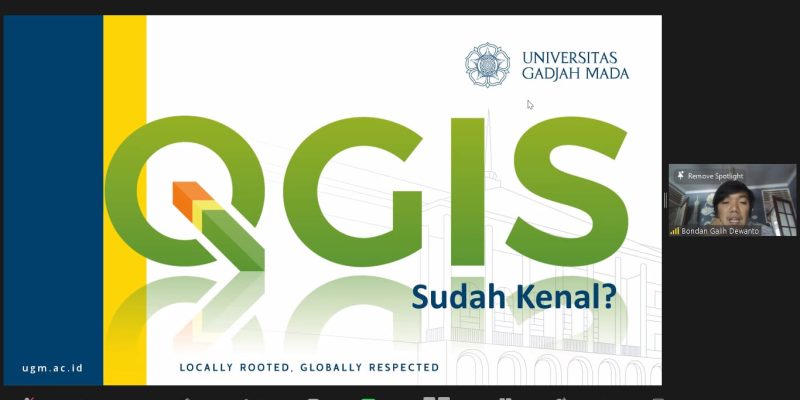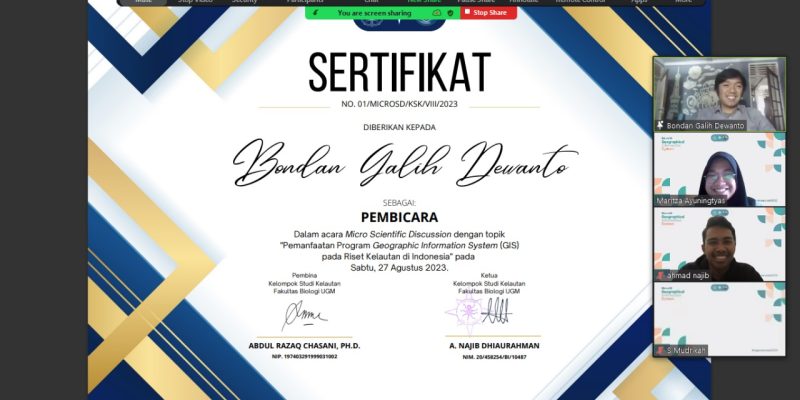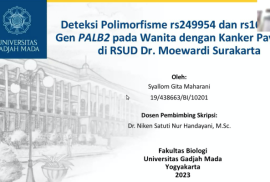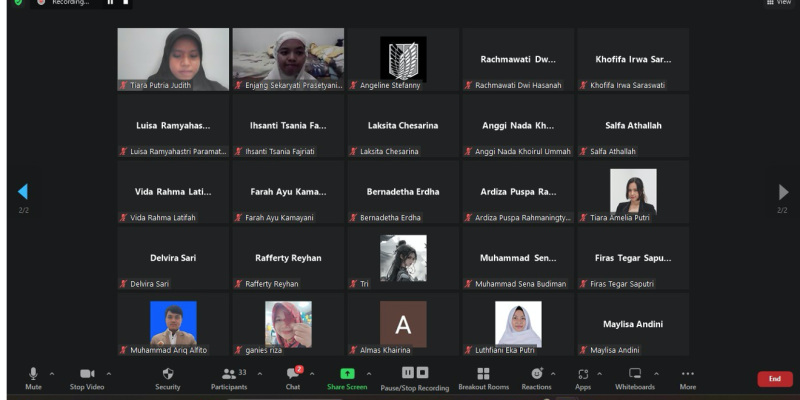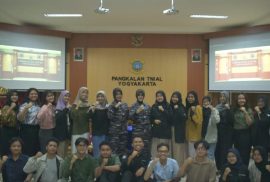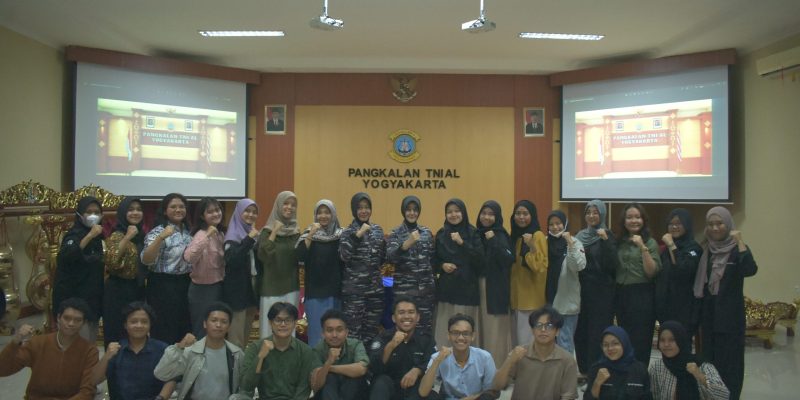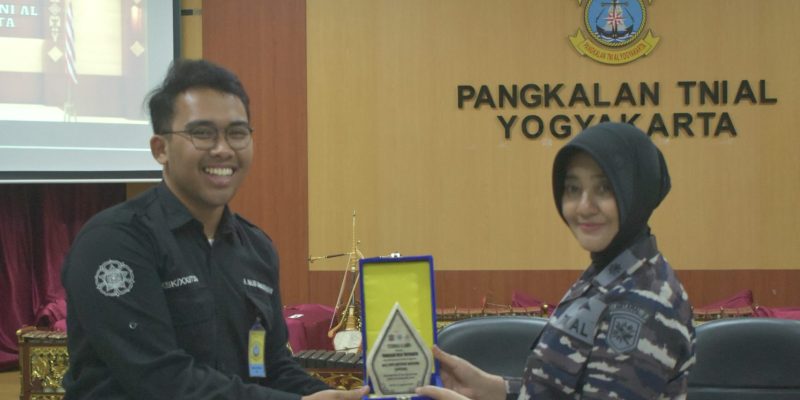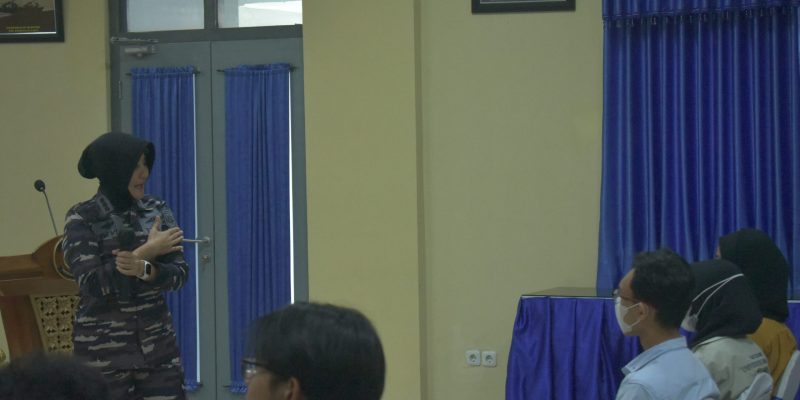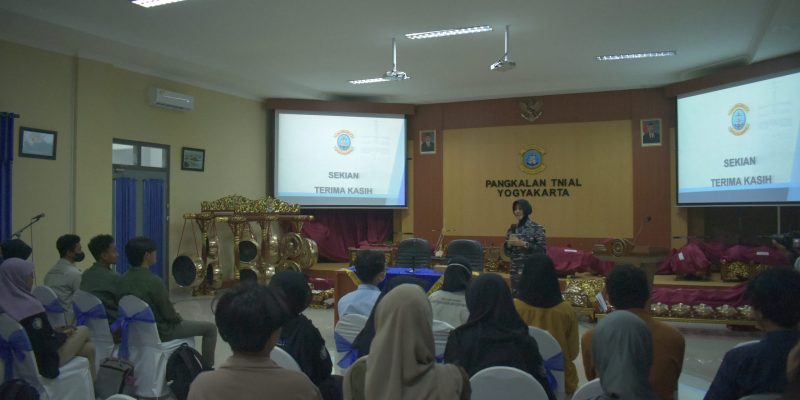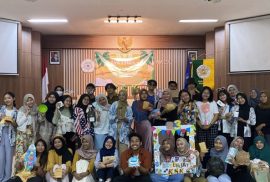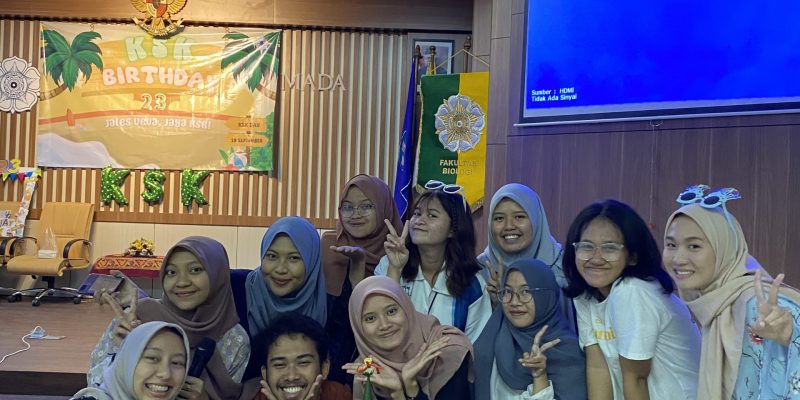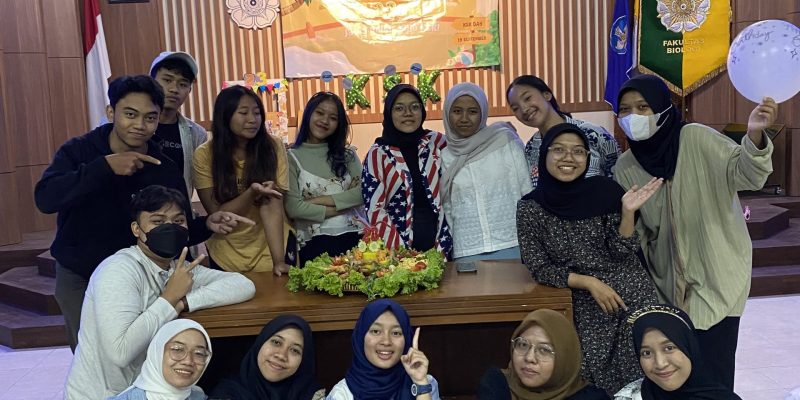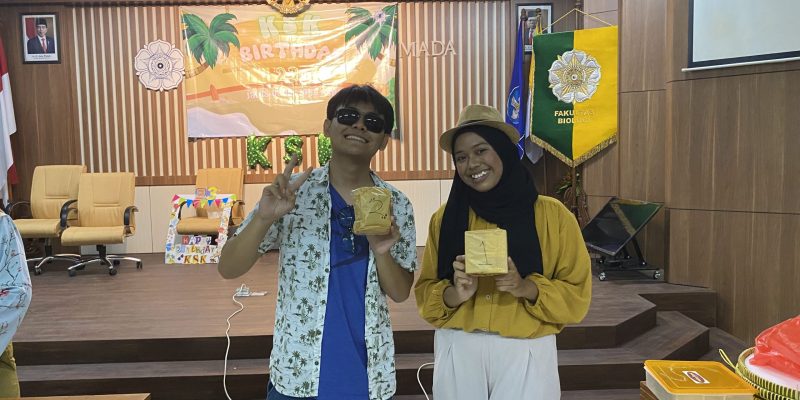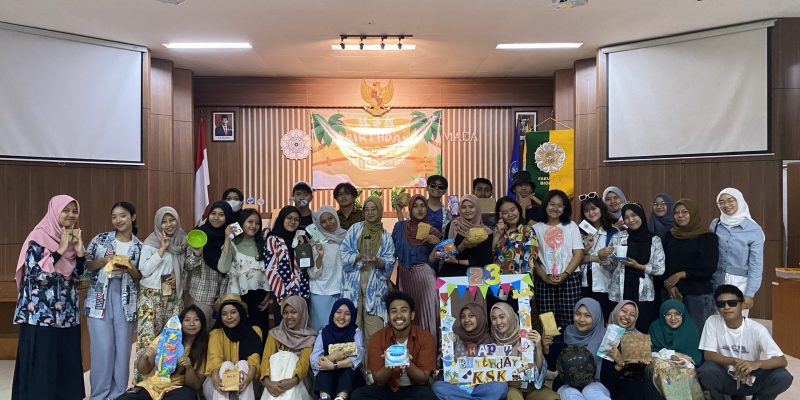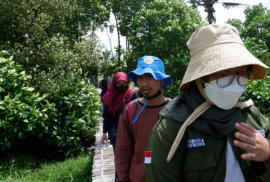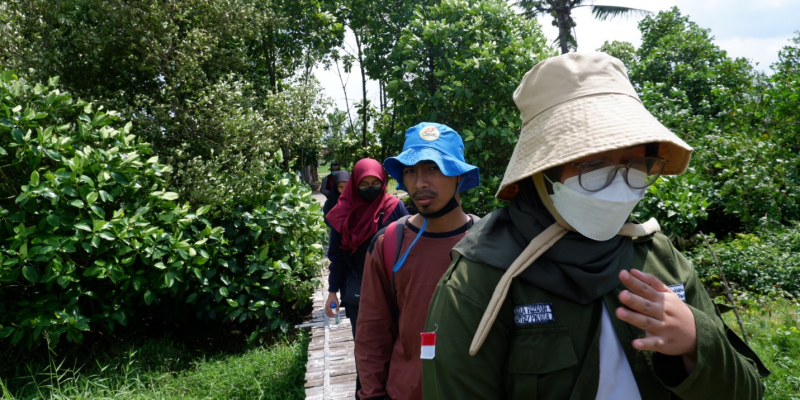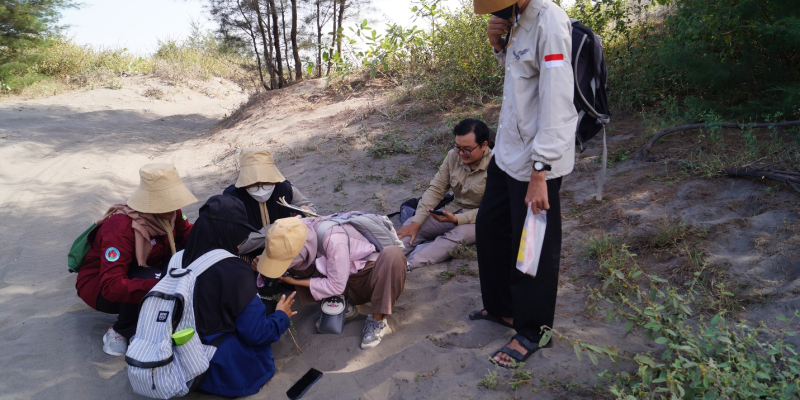Student Activities
Exploration and SGD Fieldwork is one of the work programs of the Scientific Coordinator of the Marine Biology Study Group, Universitas Gadjah Mada (KSK Biogama). The purpose of this activity is to provide knowledge and training for Young Members in conducting sampling and preserving marine organisms, as well as monitoring coastal biodiversity in Gunungkidul, particularly Porok Beach. Additionally, this event serve as the initial opportunity for Young Members to collect data on the diversity of marine life, including macroalgae, crustaceans, mollusca, echinoderms, and various types of fish.The event took place from Friday to Sunday, September 8-10, 2023, with participants consisting of Young Members, Associate Members, and Expert Members of KSK Biogama. The activities were conducted at Porok Beach as the primary research site, as well as Nglolang Beach, Gunungkidul. The activities comprised five main components, including sampling at Porok Beach, lectures and practical exercises on the preservation and identification of marine organisms, consultation on the sampling results along with data analysis, an evening art performance, and the presentation of the Exploration and SGD Fieldwork findings.
The series of activities commenced with a departure on the afternoon of September 8, 2023, accompanied by the advisor of KSK Biogama, Abdul Razaq Chasani, Ph.D. Sampling at Porok Beach took place on the second day, September 9, 2023. Young Members were divided into five groups corresponding to the number of Scientific Classes within KSK, namely the Algae, Mollusca, Crustacea, Echinodermata, and Pisces groups and were guided by Expert Members. The marine organisms obtained by the Algae group included macroalgae such as Ulva lactuca, Caulerpa racemosa, Chaetomorpha crassa, Palmaria palmata, Gracilaria canaliculata, Sargassum crassifolium, Sargassum cristaefolium, and five other species of macroalgae. The Mollusca group obtained Dendrodoris sp., Thais tuberosa, Tylothais virgata, and four other species of mollusca. The Crustacea group successfully acquired Tiarinia cornigera, Calcinus hazletti, Portunus pubescens, and other species. The Echinodermata group found Stomopneustes variolaris, Echinometra mathaei, Heterocentrotus trigonarius, and two other species, while the Pisces group discovered one fish species, Blenniella gibbifrons.
Post-sampling activities involved Young Members participating in lectures related to the practice of identifying and preserving marine organisms obtained during sampling. The lectures were conducted at Nglolang Beach, with each Scientific Class having an Associate Member as the lecturer. After completing these lectures, Young Members also engaged in consultation sessions with Expert Members to discuss the sampling results and to prepare the output of the Exploration and SGD Fieldwork. The final results of the sampling were documented in the form of scientific posters and presented during the Young Members’ Upgrading on September 16, 2023. Additionally, the sampling results were documented in the form of a Marine Biodiversity Checklist (MBC) as monitoring data for the diversity of marine life at Porok Beach.
Post-sampling activities involved Young Members participating in lectures related to the practice of identifying and preserving marine organisms obtained during sampling. The lectures were conducted at Nglolang Beach, with each Scientific Class having an Associate Member as the lecturer. After completing these lectures, Young Members also engaged in consultation sessions with Expert Members to discuss the sampling results and to prepare the output of the Exploration and SGD Fieldwork. The final results of the sampling were documented in the form of scientific posters and presented during the Young Members’ Upgrading on September 16, 2023. Additionally, the sampling results were documented in the form of a Marine Biodiversity Checklist (MBC) as monitoring data for the diversity of marine life at Porok Beach.


